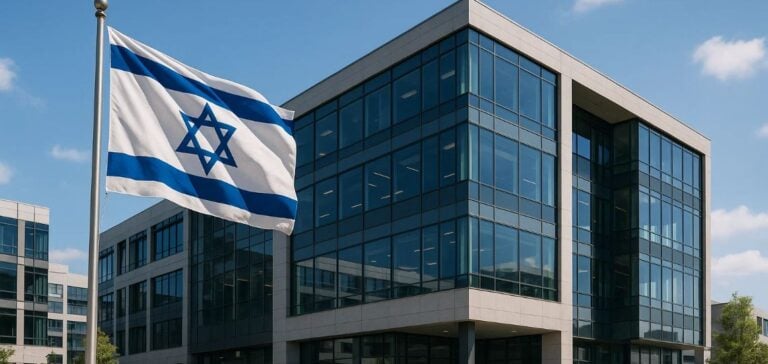Israeli platform Startup Nation Central, in collaboration with Ignite the Spark and the Israel Export Institute, has released a detailed mapping of Israel’s energy technology sector for 2025. The document identifies 165 companies developing solutions across energy production, storage, and grid management.
A segmentation into eight key subsectors
The 2025 edition of the Energy Tech Landscape Map highlights eight technological segments, including hydrogen, carbon capture and utilisation (CCUS), operational technology (OT) cybersecurity, and waste-to-X technologies. This segmentation aims to guide industrial partners and investors towards solutions ready for international scale-up.
Among the companies listed, 35% are already considered mature, publicly traded, or recently acquired, indicating a well-structured ecosystem. In parallel, 26 new companies have been founded since early 2024, reflecting a continuous renewal of technological offerings.
Consistent investment momentum
Israel’s energy tech ecosystem now includes over 350 active companies. In 2024, startups in the sector raised over $400mn, despite a slight decline compared to previous years. Data from the first half of 2025 shows investment activity picking up, already amounting to nearly half the total raised in 2023 and 2024 combined.
Major funding rounds this year include Augury, whose industrial analytics platform uses artificial intelligence to optimise energy use, Wi-Charge, specialising in long-range wireless power, and RepAir, active in direct air capture of atmospheric CO₂.
Rising interest from global groups
The mapping also includes companies from adjacent sectors such as agritech, industrial technology, and automotive, integrating energy components into their solutions. Recent acquisitions, such as Wevo Energy by SolarEdge, demonstrate international interest in Israeli expertise in smart EV charging systems.
Since 2020, other notable transactions have taken place, including the integration of Sparkion and Driivz into the EVolve™ portfolio of US-based Vontier Corporation.






















